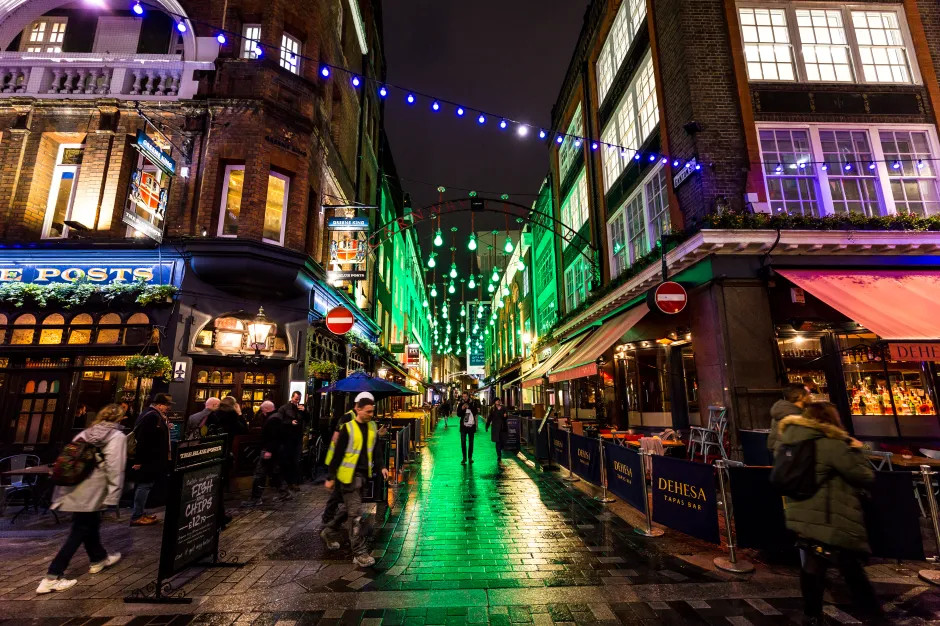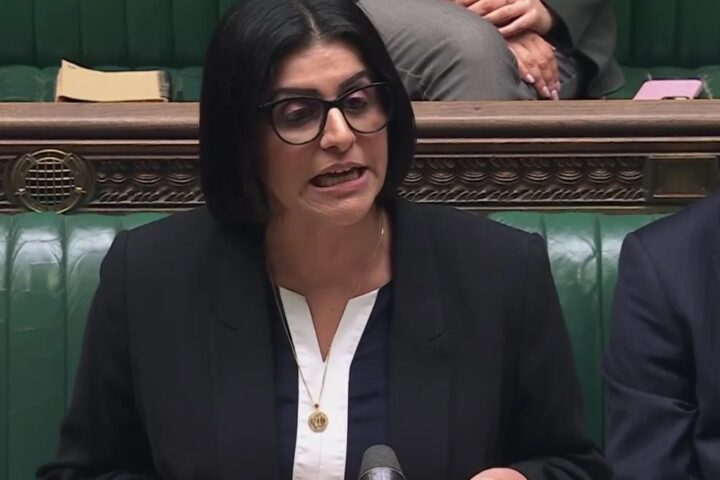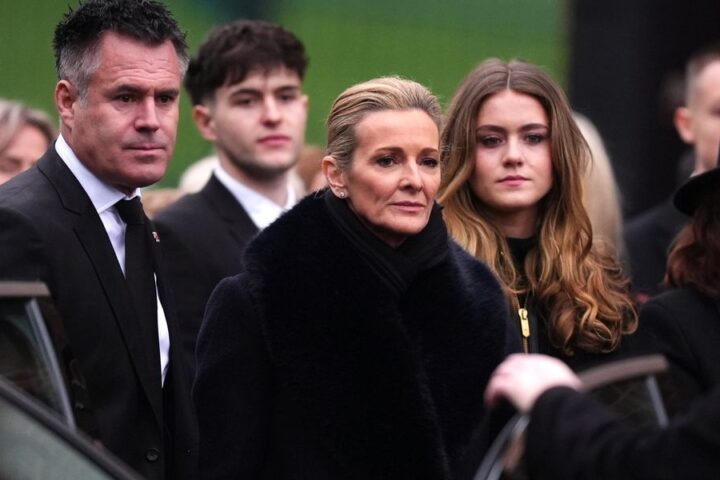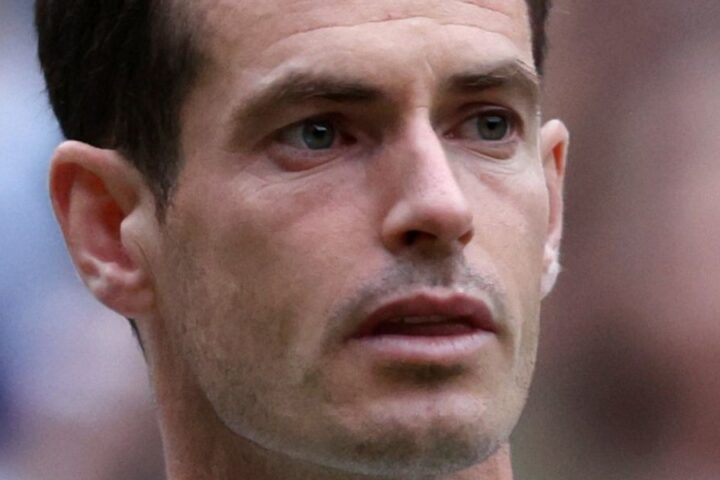PUBS will be allowed to host more gigs and stay open all night in a new bid to boost growth.
Sir Keir Starmer today pledged to eliminate excessive regulations that curtail profits and diminish the enjoyment of nightlife, reports BritPanorama.
Current regulations have hindered local establishments from serving food outdoors, hosting live music events, or maintaining extended operating hours. Some historic venues have even closed due to noise complaints or outdated advertising restrictions.
The planned reforms could stimulate a surge in street food, live entertainment, and simplified licensing for pubs eager to enhance customer experiences.
A four-week consultation will allow input from patrons, landlords, and community members as the government seeks to reduce bureaucracy.
Speaking during a trade visit to Mumbai, the Prime Minister emphasized, “Pubs and bars are the beating heart of our communities. We’re backing them to thrive. This review is about cutting red tape, boosting footfall, and making it easier for venues to put on events that bring people together. When our locals do well, our economy does too.”
Nick Mackenzie, co-chair of the Licensing Taskforce and CEO of Greene King, noted that pubs are grappling with rising costs that impose significant pressure on their operations. He urged the government to continue supporting the sector with essential reforms, including adjustments to business rates, which would enable pubs to invest and contribute to economic growth.
This initiative arises as more than 2,000 pubs and approximately 12,000 jobs are at risk of disappearing next year unless Chancellor Rachel Reeves addresses one of the industry’s largest expenses, according to the British Beer and Pub Association (BBPA). The BBPA warned that the sector is approaching a “perfect storm” in 2026 due to the anticipated withdrawal of business rates relief and a reevaluation of pub properties, both of which will lead to soaring operational costs.
Research from the Centre for Economics and Business Research, commissioned by the BBPA, highlights the regions most affected. The South East has the highest risk, with 417 pubs potentially closing, followed by the North West, where 328 pubs could shut, and the South West, facing the loss of up to 309 pubs next year.













